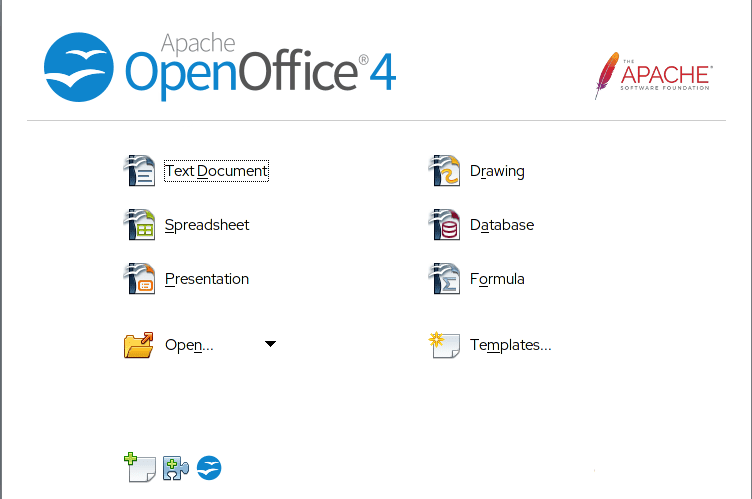Patch Up Your OpenOffice: Four Vulnerabilities You Don’t Want to Ignore

In the realm of open-source office software suites, Apache OpenOffice stands as a stalwart, widely acclaimed for its comprehensive array of functionalities ranging from word processing to database management. This versatile suite, available in numerous languages and compatible across various computer systems, has long been the beacon of reliability and efficiency. But even the mightiest fortresses have their vulnerabilities, and Apache OpenOffice is no exception.
The recent release of Apache OpenOffice 4.1.15 is more than just an update; it’s a critical reinforcement against potential cyber threats. This version addresses four security vulnerabilities that, while not exploited, represented significant risks to users worldwide.

1. CVE-2012-5639: The Silent Threat of Embedded Content
A moderate severity flaw, this vulnerability lurked in the shadows of Apache OpenOffice and LibreOffice, where embedded content would open automatically without warning. While no exploits of this vulnerability were known, the existence of a proof-of-concept demonstration underscored the need for a timely fix.
2. CVE-2022-43680: the ‘Use After Free’ flaw
Another moderate severity issue was found in libexpat through version 2.4.9. This ‘use after free’ vulnerability, caused by the premature destruction of a shared DTD in XML_ExternalEntityParserCreate during out-of-memory scenarios, could have led to unforeseen consequences. Fortunately, no exploits were known, and no proof-of-concept demonstration existed, but the potential risk was palpable.
3. CVE-2023-1183: Averting Unauthorized File Writes
This vulnerability posed a unique threat where an attacker could craft an OBD containing a “database/script” file that could write contents to a new file at a location chosen by the attacker. The proof-of-concept demonstration for this vulnerability highlighted the importance of this update.
4. CVE-2023-47804: Securing Against Macro-Based Exploits
Perhaps the most intricate of the vulnerabilities, this flaw allowed for arbitrary script execution through document links that call internal macros without necessary user approval. Given that a proof-of-concept demonstration exists, the correction of this vulnerability is a significant step in bolstering the software’s defenses.
OpenOffice users should upgrade to version 4.1.15 today. It’s a quick and easy process that ensures your data and workflow remain secure. Remember, even the most dependable tools need occasional maintenance.





